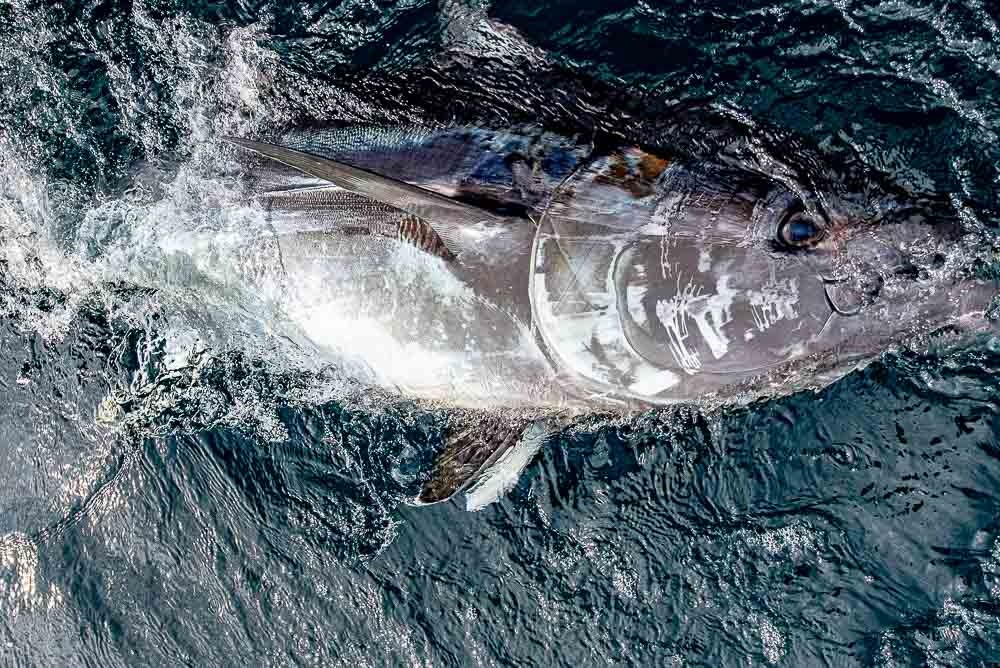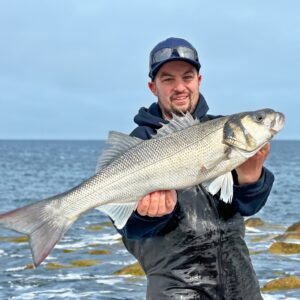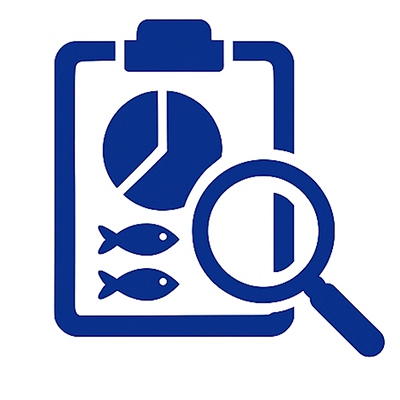George Monbiot’s piece is compelling in its passion, but it overlooks the hard realities of how bluefin tuna are managed, and how charter skippers actually make their living. If you have not read it, you can find it here: George Monbiot’s “Bluefin tuna are miraculously returning…only to be tormented for ‘sport’”
1. Quotas are not optional, they are reallocated
Atlantic bluefin tuna are managed internationally by ICCAT. Every member state, including the UK, is allocated a strict annual quota. That quota cannot simply be left unused in the water. If the UK chose not to run a recreational fishery, the tonnage allocated for that purpose would simply be transferred into the commercial sector, either within the UK or abroad.
In other words, “protecting” tuna by cancelling recreational allocation doesn’t save a single fish. It just shifts who lands the quota. The only way to change this would be to renegotiate rules at ICCAT level, a process requiring international consensus, not unilateral withdrawal. As it stands, the best option to conserve species is to achieve as high a recreational quota as possible, then work to ensure the post release mortality is below the estimate through best practices.
2. Recreational fishing is limited by permits
The UK’s catch-and-release recreational fishery operates under a limited permit system. The angling community have campaigned since the outset for skippers to undergo mandatory training as well as having an enforceable system to prevent non-permit holders from targeting bluefin tuna. Where Defra and the MMO have failed to deliver on these asks, the angling community has stood up. Private training is well adopted, despite not being mandatory, skippers log every capture, and best practices continue to evolve through the experience of the anglers. This is not the free-for-all “torment” Monbiot paints; it’s one of the most tightly monitored recreational fisheries in Europe and one where the anglers partaking in it are invested in ensuring its continued development into a world class fishery.
3. Nothing prevents tuna-watching, but demand isn’t there
Monbiot argues that tuna should be valued as a spectacle, rather than caught. But there is no legal or practical barrier to tuna-watching today. Any licensed boat can run eco-tours tomorrow, with no ICCAT licences, no quota restrictions, no expensive tackle, and far less risk. Many recreational fishing boats already offer dolphin and whale watching, or diving with blue sharks, so are well placed to pivot into tuna watching.
If there were truly a greater market for watching tuna than for catching them, charter operators would already be shifting into that space. They haven’t, because anglers are willing to pay far more for the once-in-a-lifetime experience of catching and releasing a tuna than wildlife tourists will pay to observe them at the surface.
4. Recreational fishing brings real economic benefits
Catch-and-release tuna angling already sustains dozens of small charter businesses, supports coastal communities, and generates multiplier spending in accommodation, restaurants, and tackle. These benefits are measurable and have been studied across other ICCAT nations. Eco-tourism for tuna, by contrast, has not yet demonstrated comparable scale or viability. That is not to say that it is not a market worthy of investment for growth, but it doesn’t presently exist.
5. The ideal vs. the practical
The vision of turning bluefin into a purely protected species has philosophical appeal. But under today’s international system, it is not possible to “bank” a quota for conservation. Unless ICCAT fundamentally changes, scrapping recreational allocation simply hands more fish to commercial fleets elsewhere. This is a highly migratory species, they do not stay within UK waters.
The UK’s regulated recreational fishery doesn’t undermine conservation, it channels part of our allocation into a high-value, low-impact activity that generates jobs, data, and public engagement with the marine environment.
Recreational angling remains the best balance of conservation, economics, and public benefit under the current regime.







